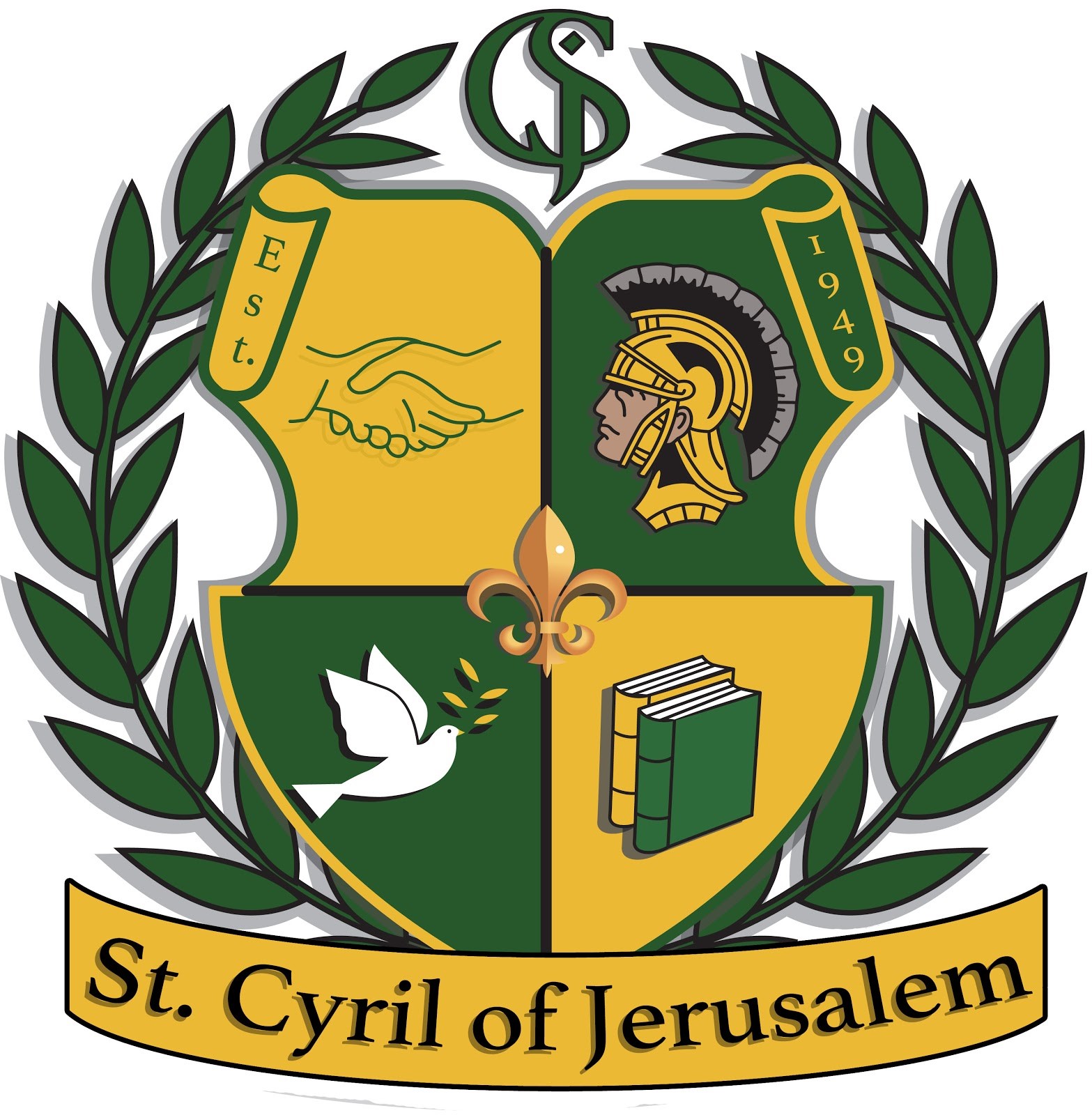Assessment of student learning is a critical component of the educational program. Assessment is an ongoing process that’s integrated into teaching and learning. It is both formal and informal and formative and summative. The purpose of assessment is to both measure student mastery of the material and to adjust teaching to meet the learning needs of the students. In archdiocesan schools, assessment goals may be met through standardized testing, benchmark assessments, and a variety of curriculum-based assessments and evaluations.
Standardized Testing
STAR TESTING - STAR assessments are computer-adaptive tests (CATs). Computer-adaptive tests continually adjust the difficulty of each child’s test by choosing each test question based on the child’s previous response. If the child answers a question correctly, the difficulty level of the next item is increased. If the child misses a question, the difficulty level is decreased. CATs save testing time and spare your child the frustration of items that are too difficult and the boredom of items that are too easy. STAR tests are designed to be as efficient as possible. On average, students will complete the STAR Math test in about 20 minutes, the STAR Reading test in about 15 minutes, and the STAR Early Literacy test in 15–20 minutes. However, some students may require more time. The STAR assessments are used to assess academic growth and achievement, as well as screen students for possible intervention and support. These assessments are taken 3 times per year and the results will be shared with families upon completion.
ACRE - Assessment of Catholic Religious Education is designed to assess the religious knowledge and outcomes of Catholic school programs. It is administered annually to 5th and 8th-grade students and specifically measures religious beliefs, attitudes, practices, perceptions, and religious knowledge.
Standardized Test Results
It must be stressed that the results and/or scores derived from any assessment are only one element indicating the level of a student’s performance or the effectiveness of
a program. A comprehensive approach that takes many factors into account must be used to ensure the welfare of the “whole child”. Scores from Standardized Testing are required to be recorded on a student’s permanent record card. These results will be viewed as part of the student’s academic profile and used to help in assessing a student’s level of achievement, ability and needs. Teachers use these results to design curriculum, plan instruction and identify individual academic strengths and areas of relative weakness.
Curriculum-Based Assessment
Assessment of student learning is an integral part of the instructional process. The purpose of assessment is to guide decisions related to meeting instructional goals and
to report student progress toward meeting/mastering content standards. Teachers employ a wide variety of assessments before, during and after lessons.

